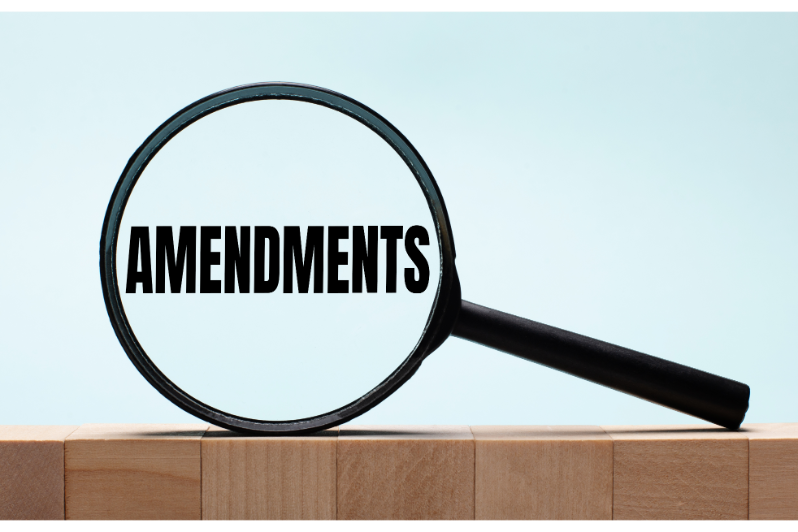The excise tax definition states it is an indirect tax levied on harmful goods to the health or the environment. If you are to trace the history of excise tax, they are deemed Pigouvian taxes or sin taxes. In UAE, however, the motive of excise tax being levied is to reduce the consumption of unhealthy and harmful commodities. The excise tax UAE makes up a small portion of government taxes. The revenue collected is used to fund various beneficial projects for the general public.
What items in UAE fall under the Excise tax?
- Tobacco and tobacco products
- Electronic Smoking Devices and tools
- Liquids used in electronic smoking devices
- Carbonated drinks
- Energy drinks
- Sweetened Drinks
Businesses that deal with the import, manufacturing, distribution, and warehousing of the above goods are registered for Excise Tax and its compliance. Filing for excise tax is a crucial part of tax reporting, and taxable persons need to be accurate with their declaration and excise tax filing.
What is the tax rate on excise goods?
| Excise items | Tax Rate |
| Sweetened Drinks | 50% |
| Carbonated Drinks | 50% |
| Electronic smoking devices and the refill liquid | 100% |
| Energy Drinks | 100% |
Under Article 1 for excise goods to be sold in the UAE retail market, the calculation of the Average Retail Price is done as below:
Step 1: The taxable party has to determine the retail selling price (RSP) of the excitable goods for the previous 12 month period and thus conclude the average retail selling price of the goods. The valuation must not include any VAT or Excise tax yet.
Step 2: Based on the total determined revenues for the last 12-month period and dividing the same by the total number of excise goods sold in the same period.
Step 3: Generate the excise tax on a single unit and apply the same on calculating the total excise tax due on the revenue generated from the sale of excise goods in the UAE.
Step 4: This will determine the average retail selling price of the excisable good in the market before VAT.
Similarly,
Under Article 2- For the excisable goods not intended to be sold in the UAE for retail purposes. Such goods have different costs attached to their imports, including customs charges, freight charges, insurance charges, and fees on importing such goods in the UAE. These fees directly affect the average retail selling price of excisable goods.
Scenario 1: If the goods imported are excisable but are not for retail sale, however, they are used for the production of goods that fall under the excise tax, then the average retail selling price of the product will be determined by the import value of the original excise good.
Scenario 2: When goods that are imported to the UAE but are to be exported from UAE without hitting the retail market for sale, the average retail selling price for excise tax on such goods is determined by the selling price of the good at which they are exported
Scenario 3: There are goods produced in the UAE that form a part of excisable goods. However, they are not sold for retail purposes in the UAE. The price at which the goods are produced before adding any other offers/ discounts or deductions determines the average retail selling price of the goods.
Get expert accounting services and VAT consultancy in Dubai today. Click here to find out about Farahat and Co.
What must the taxable person be aware of in the Excise Tax UAE calculations?
The new changes in the calculation of excise provide a better understanding of an approach for goods intended to be sold within the UAE or exported. Farahat and Co Tax Consultants enable you to understand how your company can benefit from having better cash flows by determining the impact of indirect taxes on your business in the UAE. It is essential to notify the Federal Tax Authority about any changes that will affect the determination of the Average Retail Selling Price of the goods. To avoid any penalties, get additional expertized accounting services in line with your in-house finance.
